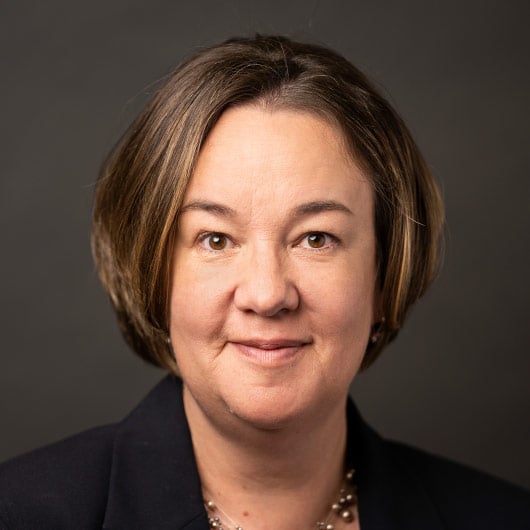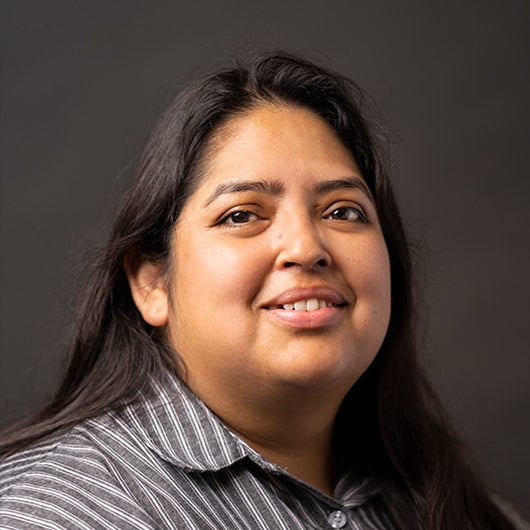Safe Environment Program FAQs
Below are answers to most often asked questions about how the Diocese of Fort Worth strives to provide a safe environment for minors and how it handles allegations of sexual abuse of minors by members of the clergy, including the bishop, priests and deacons, as well as religious, staff and volunteers.
Click on the questions below to expand them and view more information.
How does the Diocese of Fort Worth strive to protect minors from sexual abuse?
Mandatory Safe Environment steps are required of the bishop, all clergy, religious, staff and all volunteers prior to serving in ministry or other volunteer service, including:
- Completion of either a detailed Employment Application or the Volunteer Ministry Application, including the names and contact information of 3 non-family member references, who will be contacted.
- Signed Authorization for Release of Information form.
- Completion of a background check which includes a National Criminal Search, Sex Offender search, a check of various federal and state agencies, and youth organization exclusion lists, as well as state and county searches where necessary.
- Successful completion of the Safe Environment Training.
- Signed Code of Conduct Agreement form upon review of the Diocesan Code of Conduct & Behavior Standards for All Clergy, Religious, and Lay Ministers.
The aforestated Safe Environment steps are required for participation in or volunteering for activities or events, regardless of whether the individual will be ministering to children/youth. Any activity or ministry in which it is reasonable to think that individuals may at times have contact with children requires compliance with the Safe Environment policies of the Diocese.
Even if someone in volunteer ministry is not interacting with children, or likely to interact with children, Safe Environment training is extremely important to inform and protect not only children and vulnerable persons, but also to protect volunteers from unintentionally violating policies.
Safe Environment training also encourages and reinforces a culture of awareness, knowledge, and vigilance in protecting all persons within the parishes, schools, and Diocese.
Any questions or need for clarification as to whether a ministry, activity, event, or volunteer service may require Safe Environment training should be directed to the .
Completion of the new Safe Environment Protecting God’s Children for Adults® awareness session must be completed by all current Clergy, Religious, Lay Employees, and Volunteers by September 1, 2020, regardless of when they may have previously completed their safe environment certification. All School volunteers, even if current in their Safe Environment certification, must attend one of the new Protecting God’s Children for Adults sessions prior to September 1, 2019.
To maintain vigilance and focus on protecting children and youth, the frequency of face-to-face Safe Environment certification renewal for all clergy, religious, staff, and volunteers has been increased to now require recertification every two-years, from the previous three-year renewal requirement.
What does the Code of Conduct include?
The code includes standards of ministerial behavior and boundaries, a policy regarding sexual misconduct and child abuse, and a social media policy. It also includes Texas Child Abuse reporting requirements, and when and how to report concerns of harassment, bullying, or conduct inconsistent with the Code of Conduct and Behavioral Standards.
How is the conduct of clergy, religious, staff, and volunteers monitored?
All priests, deacons, seminarians, consecrated lay people, employees, and volunteers who have regular contact with minors are required to complete the Safe Environment training program. This program teaches how to identify signs of misconduct and best practices for making churches, schools, and communities safer. Further, the Code of Conduct instructs that all signers are expected to report incidents of abuse, neglect, or suspected abuse of children. Clergy are surrounded each day by people who have been through the Safe Environment training program and who have signed the Code of Conduct. Such individuals are expected to help set the standard of behavior and call out any problem behavior or concern, regardless of whether the individual is clergy, volunteer, employee, or a parent or parishioner.
How does the Diocese screen men who apply for seminary or permanent diaconate formation?
The application process for entering seminary and the diaconate is multi-layered and stringent. The men first enter a discernment process with the Director of Vocations or the Director of Deacon Formation through discernment retreats and one-on-one conversations. These conversations and interactions help the directors evaluate the man on a personal and informal level. All areas of life pertaining to a priestly discernment are discussed with the director including sexuality, academics, experiences, and prayer life. Once the man begins to understand and demonstrate evidence of a call to the priesthood or the diaconate, and once the director has separate and converging evidence that the man is called by God, then he may begin the formal application process.
After the initial training and screenings, how often are prevention methods updated?
Background checks are run on all clergy, staff, and volunteers every five years. Every two years, everyone is required to undergo Safe Environment recertification, which includes a face-to-face component.
What does the Diocese do to help children and youth protect themselves from abuse?
Every year, the Diocese trains all Catholic school students and students in parish religious education classes how to keep themselves safe, how to recognize boundary violations that may precede abuse, to remove themselves from uncomfortable situations, and to tell a trusted adult when someone has crossed a boundary with them.
How the Diocese is held accountable for its prevention practices?
The Diocese participates in a United States Conference of Catholic Bishops (USCCB) annual audit on the Implementation of the Charter for the Protection of Children and Young People through which the following are reviewed: (a) the curriculum for training adults and children in abuse prevention and reporting; (b) information on how parishes are reviewed for compliance; and (c) reports of any accusations that were made and the review of their credibility. The audit is performed annually by an independent outside firm selected by the USCCB. Every three years, the audit includes in-person interviews of diocesan personnel involved with child and youth protection, including the Bishop and Chancellor and Moderator of the Curia. The Diocese of Fort Worth has participated in the audit since the audit’s inception and has always been found to be in compliance.
What expectations does the Diocese have for reporting misconduct or suspected misconduct?
Actual or suspected abuses of minors are reported to law enforcement. Questionable actions, conduct, or speech which is neither abusive nor creates a direct suspicion of abuse should nevertheless be brought to the attention of clergy and/or staff. Any actions, conduct, or speech involving clergy or a staff member should also be reported to the Director of Safe Environment.
How do I make a report?
- Call Child Protective Services (CPS) at 800-252-5400 and follow the directions to file a report with a case worker / online report (Request a case number or a copy of the report).
- Call the Police and ask to file a report of abuse (Request a case number or a copy of the report).
- Report the alleged abuse to your supervisor, the Director of Safe Environment, and the Priest or Principal of the applicable location on the Diocese Confidential Notice of Concern Form. Include a copy of the CPS report made or written report with contact information on all concerned, description of abuse, dates if known, and how you learned of the abuse.
- In the case of alleged abuse by clergy or Church personnel, contact a diocesan authority directly.
What happens when a report is made?
When an allegation of the sexual abuse of a minor is received by the Diocese of Fort Worth, it is immediately reported to the civil authorities (e.g., law enforcement and Child Protective Services). The Diocese fully cooperates with the civil authorities in their investigation. Separate from any investigation by the civil authorities, the Diocese then takes steps to determine whether the alleged incident is plausible (i.e., confirm whether the accused and accuser were in fact at the parish/school at the alleged time, etc.). If the allegation is found to be plausible, then the accused is immediately removed from ministry while the Diocese conducts a further investigation in order to determine whether there is reason to believe that the sexual abuse of a minor occurred.
The determination that the Diocese of Fort Worth has reason to believe that the sexual abuse of a minor has occurred is made by the bishop, in consultation with the Diocesan Conduct Review Board. The Conduct Review Board is a confidential consultative body composed mainly of lay members with various backgrounds and areas of expertise well suited to assist the bishop in his assessment of allegations of sexual abuse of minors and in his determination of a cleric’s suitability for ministry. This determination is not a finding that the alleged abuse actually occurred. Rather, it is a finding that there is reason to believe that the alleged abuse occurred. The standard that the Diocese of Fort Worth uses in making this determination is a lesser standard than that required by our civil or criminal legal systems. As such, the inclusion of an individual on this list is not a final determination under civil or criminal laws that abuse actually occurred. Rather, it is a finding used to remove the accused from ministry in this diocese permanently, unless the accused is subsequently cleared by the facts.
What happens to a member of the clergy who is found guilty of sexual abuse of a minor or child abuse?
The consequences and penalties determined by the legal system always take precedence. Additionally, a member of the clergy who is found guilty of sexual abuse of a minor or child abuse is permanently removed from all ministries in the Diocese, without the possibility to transfer to another diocese, and his name is added to the List of Clergy with Credible Allegations of Sexual Abuse of Minors in the Diocese of Fort Worth. Tolerance or allowances are never made in these situations.
Contacts:

Sandra Schrader-Farry
Director of Safe Environment
817-945-9334

Patrick McGrail
Assistant Director of Safe Environment
817-945-9341

Alma Garcia
Safe Environment Coordinator
817-945-9342
Broken link or website issue?
